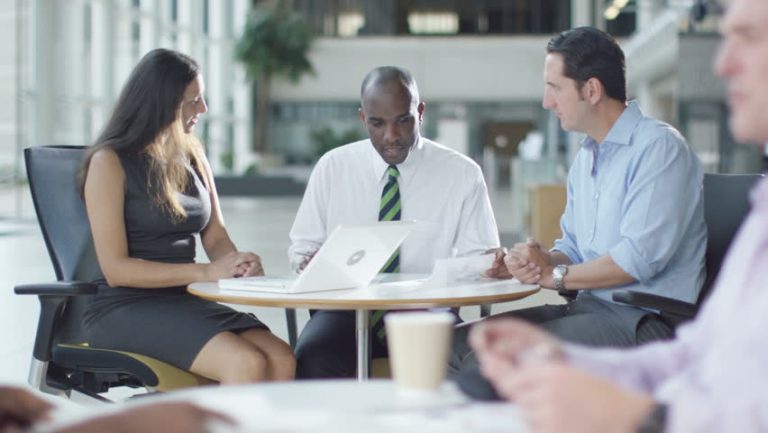Most people aren’t really conscious of the fact that they’re looking in one of two directions – behind, at the past, or ahead at the future.
People who tend to look backwards are going to find things getting increasingly difficult for them because, believe it or not, the past is becoming more and more irrelevant.
We therefore need to spend less time on the things of the past and more time on things which are to come, because those are the things that are going to shape how we live and work in the next decade.
Think about it … There is a big difference in size between the rear view mirror and the front windscreen of your motor car. The rear view mirror is small and the windscreen is large. Why? Because you need to be able to have a very clear view of what lies ahead when you’re driving and, while what’s behind you is not entirely irrelevant, it’s not really as important as what’s ahead of you.
So, you do indeed need a rear view mirror but only for the odd reference check to see what’s happening behind you. Taking your eyes off what you see through your windscreen for any length of time is, as you will know, a very high risk activity.
If you spend more time looking in your rear view mirror, you will not be prepared for any situation that occurs while you’re driving. In the same way, if you spend more time focusing on the past, you will not be prepared for what’s coming your way in the workplace. And when you get into difficulties because of your not anticipating something happening, you will have very little, if any, time to respond in a constructive way.
For one, if you haven’t dedicated just about all your attention to what you see through your windscreen, you will soon leave the road or collide with another vehicle, person or object which you simply did not see.
By keeping your eyes on what you see through your windscreen, you will be able to stay on the road, steer around things, brake when you need to in order to avoid something or someone, and generally drive in a responsible and safe manner and so arrive at your destination.
Few apply these skills to how they manage things in their personal and/or professional lives. The world of work is becoming increasingly unpredictable and we are being warned to expect increasing disruption. We are also being warned that artificial intelligence machines will do the work that many white collar workers are doing. That might seem like a rather tall order right now, but a London-based law firm has already “appointed” a machine to handle certain legal matters on their behalf. And they’re not an exception to the rule …
Of course, the significance of all this lies in what we are learning and how we learn. For the past 10 000 years or more, we have learned according to what Otto Scharmer calls Type 1 Learning – learning from the past. Now that might seem quite puzzling to you as you may ask, “But how else can one learn?”
Sure, learning has traditionally been based on existing knowledge which has been acquired from what happened in the past. All learning that takes place at primary, secondary and tertiary institutions, except for research work and post graduate studies, is undertaken according to Type 1 Learning.
While that has served us very well until now, it’s no longer enough. We now have to engage in Type 2 Learning – what Scharmer refers to as learning from the future as it emerges. That’s because the knowledge and experience of leaders and their teams is increasingly not relevant to the challenge they have to face and address. How do you solve a problem that you’ve never encountered before, using information that simply does not apply to the problem?
If you’re tempted to dismiss this train of thought because you’re not in learning and development, don’t. Newsflash … Learning and development is the business of everybody now.
Start adjusting your learning so you learn from the future as it emerges and not simply from the past. By doing that, you will be better prepared for what’s to come in the future of work.
Alan Hosking is the publisher of HR Future magazine, www.hrfuture.net, @HRFuturemag, and a professional speaker. He assists executives to prevent, reverse and delay ageing, and achieve self-mastery so that they can live and lead with greatness.
























